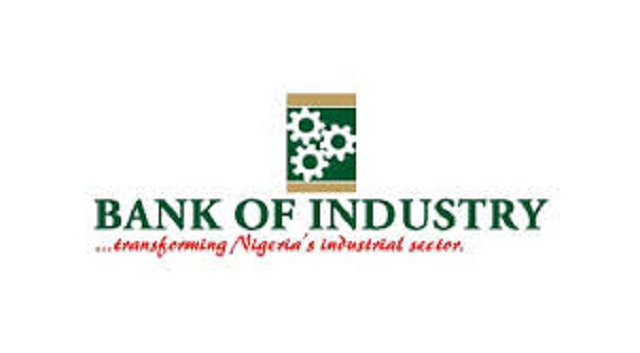Stanbic IBTC Holdings PLC, a member of Standard Bank Group, has encouraged African businesses and corporates to take advantage of the African Continental Free Trade Area (AfCFTA) agreement to expand their business operations beyond the shores of Africa.
Funso Akere, Chief Executive, Stanbic IBTC Capital Limited gave the advice at the Nigeria-South Africa Chamber of Commerce September Webinar which was held recently.
He stated that it was high time Nigerian companies started to set up business operations in other African countries, emphasising that AfCFTA has further provided a veritable window for Nigerian business owners to leverage.
He added that corporates in Nigeria must chart a plan on how to create value, form strategic partnerships outside the continent and improve operational efficiencies so that shareholder value can be positively impacted.
Funso said: “You should no longer think of your business like a Nigerian company but as a Nigerian multinational. Yes, you are a Nigerian company, but you can have operations in different markets that allow you to increase shareholder value. In reality, you can leverage AfCFTA to make that happen.”
While delivering the keynote address on the topic, Perspectives on The African Continental Free Trade Area (AfCFTA) Agreement in Relation to Nigeria, Jesuseun Fatoyinbo, Head, Transactional Products and Services, Stanbic IBTC noted that AfCFTA has the potential to transform the economic and social profile of Nigeria and Africa at large.
According to Jesuseun, when AfCFTA is fully implemented, Africa will become the largest free-trade zone in the world with a population of 1.2 billion people, thereby making the African continent the largest market to ever exist.
He enumerated some of the benefits of AfCFTA are to aid growth, create employment opportunities and facilitate the diversification of the economy. This supports one of the key imperatives of AfCFTA – to enhance the competitiveness of the economies of state members within the continent and the global market at large.
AfCFTA would catalyse Africa’s industrial development agenda through diversification and regional value chain development as well as agricultural development. One of the strong pointers to this assertion was Nigeria’s Q2 2021 Gross Domestic Product (GDP) growth, which re-establishes the fact that trade is a strong contributor to a country’s GDP.
Jesuseun said: “AfCFTA clearly provides the biggest business opportunities in the history of the African continent. In terms of size, scale, and historic nature, AfCFTA is one of its kind. Global investors and global institutions are all looking at an idea that this is a large and integrated market, a market where if fully explored can give access to a geographical spread across 54 African countries.”
Without a doubt, one truth is certain – the AfCFTA proposition is a very attractive one, both as an investment destination and as an avenue for investors to grow their market share.
While commenting on the subject, Muyiwa Oni, Regional Head, Equity Research, West Africa at Standard Bank Group, and co-panellist at the event also noted that investment opportunities and investment appetite on the continent seem to be on the increase from gender equality, Environmental, Social and (Corporate) Governance (ESG) perspective, as there is continued emphasis on sustainability and equal opportunities.
Expressing positive sentiment on the massive potential of businesses to upscale their manufacturing capacity due to the low-income offerings of products and services on the continent, Muyiwa posits that partnering with countries with better capabilities in this regard will help drive this agenda.
He also emphasised the need to adopt a phased approach for the adoption of AfCFTA so that member states have sufficient time to understand and prepare for the agreement.
Bola Ajibode, Head, Conglomerates, and Industrials, Stanbic IBTC and shared their thoughts on the keynote address as well as the benefits associated with AfCFTA.
She hinted that Nigerian business owners should take the lead in leveraging AfCFTA as it would not only enable them to grow their businesses but also help to drive Africa’s growth. “Africa is our home; we drive her growth. One of the ways we can drive her growth is for Africans to buy made in Africa products. AfCFTA is here to drive that agenda.” Bola added.
She expressed her belief in the resilient spirit of Nigerians and their proclivity to see possibilities and opportunities in challenges. She cited the recent border closure as an example and reflected on how businesses found innovative ways to export goods to other African countries.
Stanbic IBTC remains committed to leveraging trade opportunities AfCFTA posits to unlock business expansion opportunities for its clients in the Small and Medium-Sized Enterprises (SMEs) sector as well as its corporate clients.












